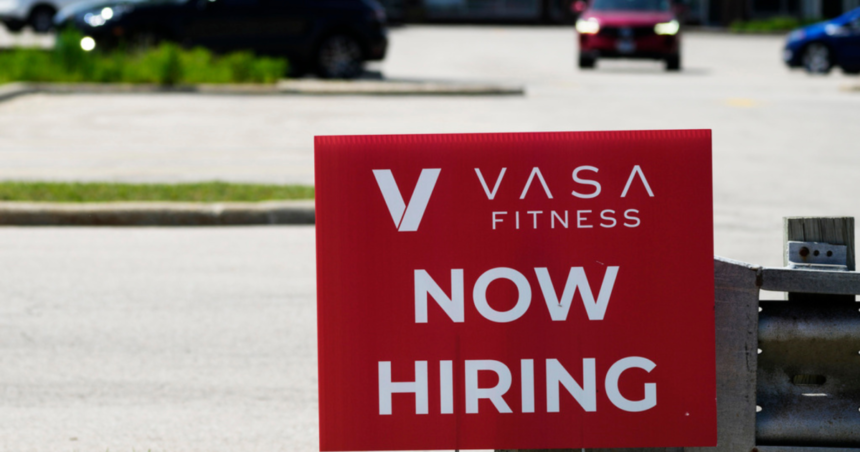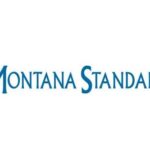The monthly jobs report from the Labor Department’s Bureau of Labor Statistics is packed with surprises and conflicting signals about what comes next.
“There is a good chance the Federal Reserve may not reduce the interest rate in probably the whole year,” said economist Dr. Kishore Kulkarni with MSU Denver, “even if they have said otherwise.”
The economy added far more jobs than expected in May with nonfarm payrolls increasing by 272,000 for the month, up from 165,000 in April.
Wage growth also picked up, increasing 0.4% for the month. Average hourly earnings are up 4.1% over the past year, outpacing the recent rate of inflation.
On the flip side, the nation’s unemployment rate ticked back up to 4% for the first time since January of 2022.
“The increase in the number of jobs is happening mostly in the service sector and hospital-related health services, then leisure and transportation and hospitality,” Kulkarni said. “Those are the sectors which are adding a lot of jobs.”
Bankrate’s senior economic analyst Mark Hamrick called the long stretch of below-4% unemployment a “historical anomaly”. He said some sectors are more challenged by recent rate hikes than others, like “business and professional services, technology, interest rate sensitive sectors such as housing.”
Hamrick said the supply and demand for workers is still out of balance pushing job openings and wages up, the opposite direction to what the Federal Reserve needs to ease its interest rate policy.
“Prices are still elevated,” Hamrick said, “The good news here is that wage growth is outpacing the recent rate of inflation, and I would expect that to continue in the near term.”
The Fed delivers an economic projection after the next Federal Open Market Committee meeting June 11-12. The prospect and timing of any interest rate cut remains unclear.
“There is maybe a roughly even chance of a rate cut in September,” Hamrick predicted.





